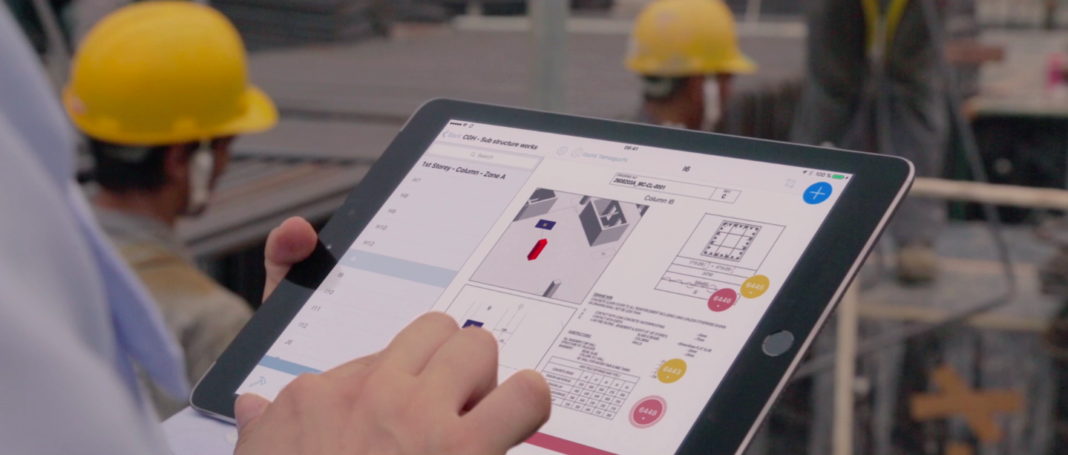Smart cities and intelligent infrastructure lay the foundation for the future cities. The way we construct will, therefore, be affected by these changes. The city of the future is a city that revolves around two needs: nature and communication. The megacity of tomorrow will be decidedly green, with a high-performance transport network capable of communicating with the world.

The city build like Lego blocks
Suppose all these principles also apply to all office furniture and all devices we use in the home or office, where we no longer buy those things but only use them for a fee. This is what the future cities hold, and engineers will use advanced equipment like water filled barriers to help make tomorrow’s city possible!
Underwater cities, underground skyscrapers, houses that are downloaded from the Internet and built-in seconds with 3D printing or live in the first houses outside the Earth, are some brushstrokes of the future world that exposes the study on next life in cities.
Optimization and sustainability
Future cities will involve the use of natural light, recycling of water and waste, technological applications aimed at improving the environment and bands with sensors for saving light and natural ventilation.
There will also be compact, reusable and adaptable buildings, which are energy-efficient and become hubs of energy and food production and at the same time prevent further warming.
The cities of the future will have a priority challenge: to join the fight against climate change and the warming of our planet. The creation of high oxygen generating spaces will be one of the keys to improving the state of our atmosphere.
Urban planning – especially that relating to community infrastructure – thus remains crucial for the proper functioning of the city of the future.
Cities that grow up
There are many architects, scientists, and designers who are putting on a plan for how the cities of the future will be built. And most coincide in pointing out that they will do it to heaven.
Towering skyscrapers, some even several kilometers high, capable of hosting all kinds of activities and the most significant number of people.
From vertical factories, sky-oriented industries, pyramids converted into emblems for the biosphere or smart homes of hundreds of apartments built with organic materials and large windows, able to adapt to the demands of its inhabitants always.
Smart cities
Do you hear the smart city concept? Start remembering this concept because the cities of the future will undoubtedly be smart. One hundred percent connected, whose services are based on the latest digital innovations (Internet, Big Data, data mining …).
They will be cities of knowledge, without borders and active 24 hours a day and 365 days a year. All the companies, from the smallest to the multinationals, will be digitized, allowing a better knowledge, analysis, and flow of information, thus expanding business opportunities.
















